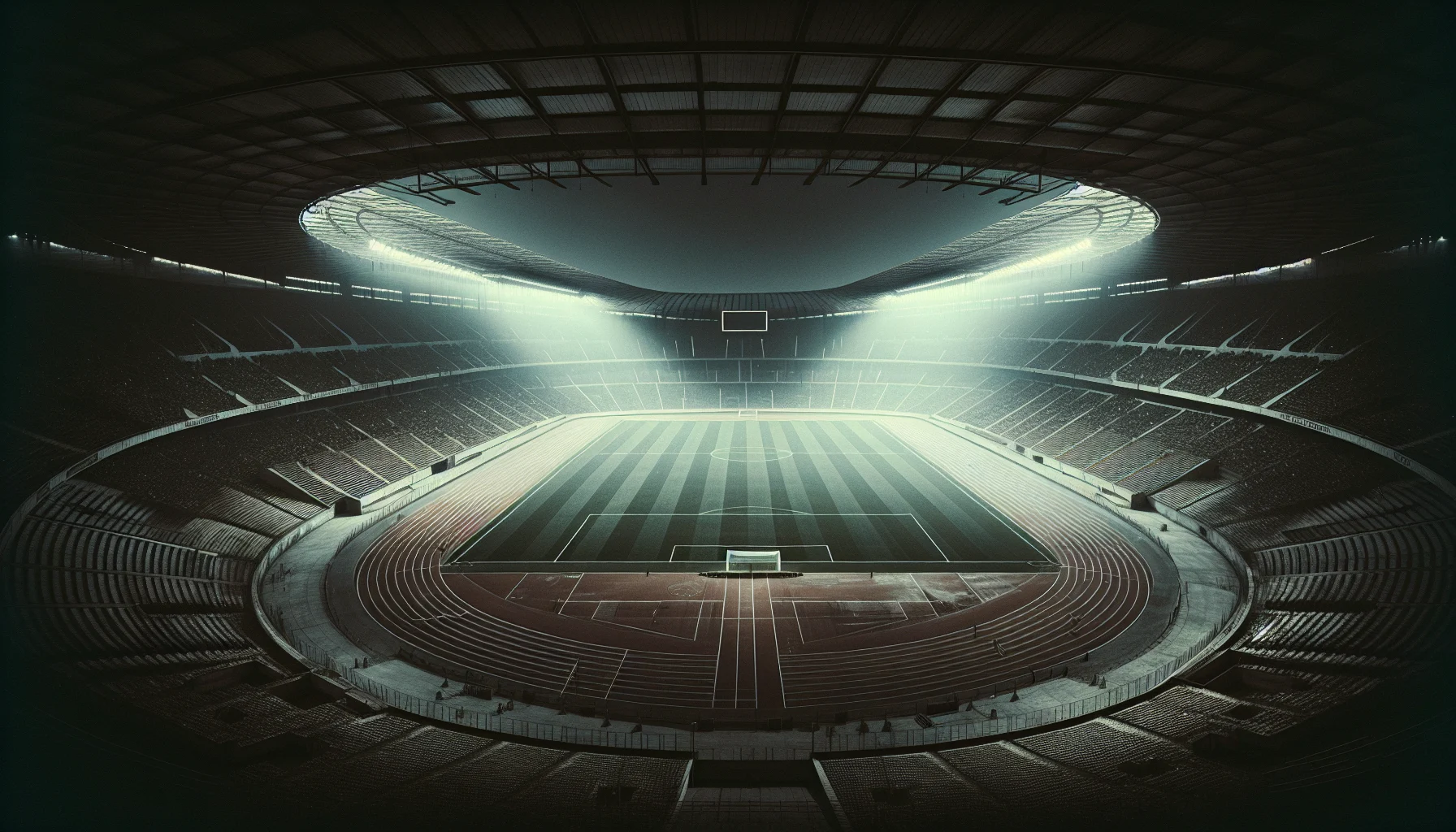
Port Said Stadium Riot
by: The Calamity Calendar Team
February 1, 2012
The football field, where communities gather in celebration or solace, turned into a scene of horror on February 1, 2012, in Port Said, Egypt. It was a night that forever changed the lives of countless individuals, shook a nation, and echoed beyond borders, leaving an indelible mark on sports history.
A Match Shadowed by Tension
The match between Al-Masry, a local favorite, and Al-Ahly, a storied team from Cairo, was set to occur amid palpable tensions. The Egyptian Premier League fixture was more than just a game; it was an emotional standoff between regions still raw from the seismic shifts of the 2011 Egyptian revolution. Al-Ahly’s supporters, known as the ultras, had been at the forefront of political activism, placing them at the center of national turmoil and into the crosshairs of rivalries with heightened stakes.
But this match carried additional weight. Al-Masry was playing at home, a factor that stokes any fan’s passion, while for Al-Ahly, an away victory in Port Said’s charged environment would be a cherished conquest.
The Evening Unravels
As kickoff approached, the atmosphere at the stadium hummed with anticipation and unease. Footage from the evening showed a capacity crowd thrilled by the spectacle unfolding. Despite the electricity in the air, the game progressed with an unusual energy. Initially unmarred by overt disruptions, Al-Masry’s performance sparked waves of excitement through their fans as they netted goal after goal, clinching the match 3-1.
As the referee blew the final whistle, turmoil erupted. Al-Masry supporters flooded the pitch, a surging tide suddenly unleashed. The manifestation of celebration morphed unpredictably into brutal aggression as both clubs' fans were entangled in a brawl that seemed to capture all the frustrations and divisions of a nation.
A Descent into Chaos
The chaos that ensued was made worse by an eerie darkness after the stadium lights went out, casting a grim shadow over the surging mass of humanity. Accounts describe scenes fit for nightmares: shouting, panic, and confusion shrouded in darkness, only to be sporadically lit by the flickering bursts of fireworks used as weapons.
Thanks for subscribing!
Throughout the mayhem, reports emerged of the terrifyingly passive role played by law enforcement. Witnesses later testified to the police's lack of urgency, describing officers standing idle or even retreating as violence peaked, doors remained locked, effectively trapping many inside. What should have been the end to an evening of sport became a battle with no clear lines, no clear exit.
Tragedy in Plain Sight
The grim tally of the night’s violence would mark it as one of the deadliest disasters in the annals of sports: 74 lives lost, each victim caught in a storm of an apparent vendetta, and over 500 wounded. Many of those who perished were allegedly asphyxiated or trampled, unable to escape the confined locations of the brawls. It was a catastrophe that left an entire city and a nation in mourning.
The Cost
The tragedy forced the Egyptian Premier League to take a hard pause—indefinitely halting a beloved national pastime and leaving arenas silent, economies stagnant, and communities without their unifying pastimes. But the ripple effects extended beyond soccer; they highlighted stark realities in crowd management, stadium security, and systemic corruption within both security and sports administration.
Investigation and Repercussions
In the days following, the weight of the event compelled swift responses. Investigations commenced, seeking accountability and, perhaps, a semblance of justice. By 2013, culpability had been legally placed on 21 individuals. Convictions met a variety of sentences, from imprisonment to the death penalty, driving home the seriousness of the incident while unsettling many who saw further problems unexamined.
Authorities would also vow reforms to stadium security and law enforcement, ostensibly to prevent such an occurrence again and to mend the trust fractured by negligence. Across the globe, stadium safety stood reevaluated, with the Port Said tragedy serving as a poignant, haunting case study.
Reflections in the Shadows of Change
Although more than a decade has passed, the scars of the Port Said Stadium riot remain. It stands as a somber reminder of the price of human discord, political negligence, and communal divisions that sports alone cannot reconcile. The tragedy is etched into Egypt's collective memory, a signpost for reform, and an anchor for ongoing debate about the roles of sport, security, and society.
As shadows stretch across the now-quiet Port Said stadium, its echo calls for vigilance—a plea to honor the 74 lives lost by ensuring safety, prudence, and peace eclipse passion and rivalry in every spectator's heart.
Stay in the Loop!
Become a Calamity Insider and get exclusive Calamity Calendar updates delivered straight to your inbox.
Thanks! You're now subscribed.